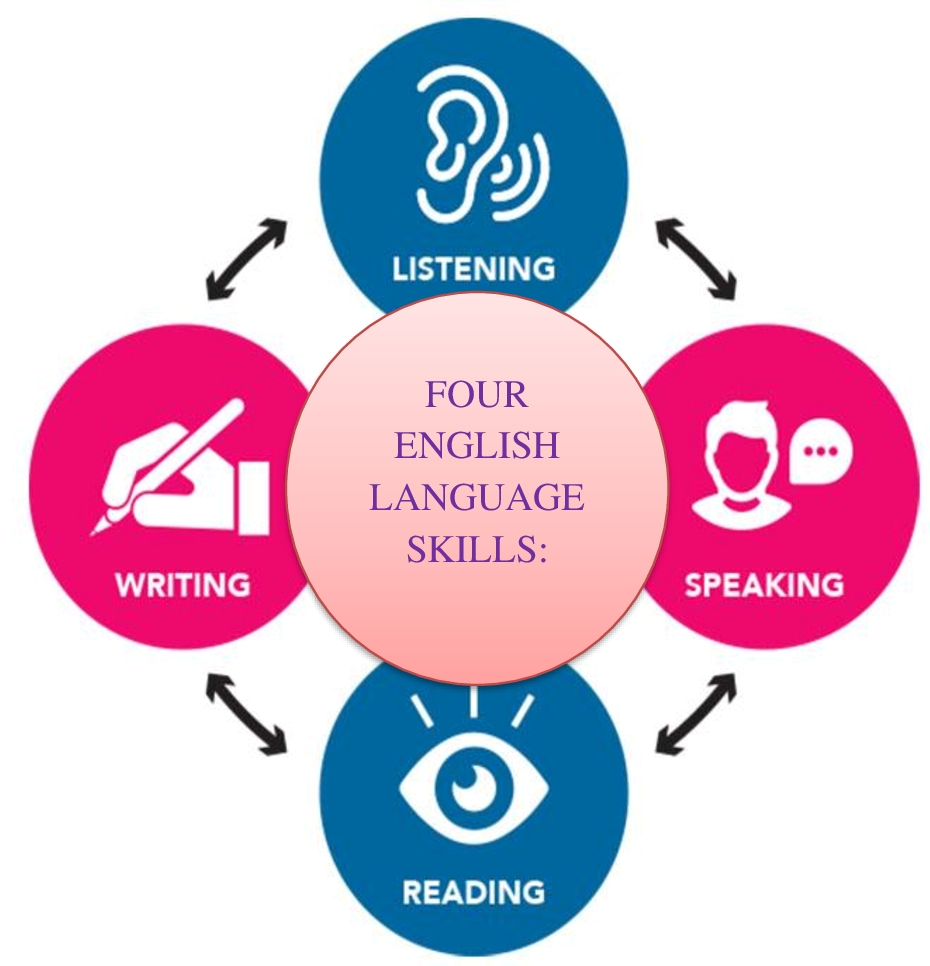Interpreters not only needed strong linguistic skills in one or more languages, but they also require an array of competencies that enhance their effectiveness in facilitating communication across cultural boundaries. This profession demands a unique blend of talents, encompassing not just fluency in languages, but also cultural awareness, emotional intelligence, and quick thinking. As the world becomes increasingly interconnected, the role of interpreters has never been more critical, whether in diplomatic negotiations, international business meetings, or medical consultations.
The art of interpretation goes beyond mere translation; it involves an intricate dance of conveying not just words but also meanings, emotions, and intentions. Interpreters serve as bridges between cultures, ensuring that messages are delivered accurately and respectfully. This multifaceted role requires them to be adaptable, poised, and knowledgeable about the subject matter at hand, showcasing that interpreters not only needed strong linguistic skills in one or more languages but also a rich tapestry of additional abilities.
As we delve deeper into the world of interpretation, we will explore the critical skills that interpreters must possess, the challenges they face, and the various contexts in which they operate. From understanding the nuances of language to mastering the art of active listening, the journey of an interpreter is both demanding and rewarding. Join us as we uncover what it truly takes to excel in this vital profession.
What Linguistic Skills Do Interpreters Need?
Interpreters not only needed strong linguistic skills in one or more languages but must also have an in-depth understanding of grammar, vocabulary, and regional dialects. Proficiency in a language entails not just knowing the words but also comprehending the cultural context in which they are used. This includes:
- Fluency in both source and target languages.
- Proficiency in specialized terminology related to various fields such as legal, medical, or technical.
- Understanding idiomatic expressions and cultural references.
- Ability to switch between languages seamlessly in real-time situations.
How Important is Cultural Awareness for Interpreters?
Cultural awareness is paramount for interpreters. They must not only understand the languages they are working with but also the cultural nuances that influence communication. This includes:
- Recognizing nonverbal cues, gestures, and body language.
- Understanding social norms and expectations in different cultures.
- Being aware of historical contexts that shape communication styles.
Without cultural awareness, interpreters risk misrepresenting messages, leading to misunderstandings and potential conflicts.
What Role Does Emotional Intelligence Play in Interpretation?
Emotional intelligence is another critical skill for interpreters. They often find themselves in high-stress situations where emotions run high, such as during negotiations or medical emergencies. Interpreters must:
- Be able to read the emotional state of speakers.
- Maintain professionalism while navigating sensitive topics.
- Show empathy and understanding, ensuring that all parties feel heard and respected.
What are the Key Challenges Faced by Interpreters?
The profession of interpretation is fraught with challenges. Some of the key obstacles interpreters face include:
- High-pressure environments that demand quick thinking and accuracy.
- Managing fatigue during long assignments, which can affect performance.
- Dealing with complex subject matter that requires extensive background knowledge.
- Navigating ethical dilemmas, such as confidentiality and impartiality.
How Do Interpreters Prepare for Assignments?
Preparation is crucial for interpreters. Before taking on a new assignment, they often engage in various preparatory activities, including:
- Researching the subject matter to familiarize themselves with the context.
- Reviewing relevant terminology and jargon specific to the field.
- Practicing interpretation techniques to enhance fluency and accuracy.
Are There Different Types of Interpretation?
Indeed, interpretation can be categorized into several types, each requiring unique skills and approaches. The main types include:
- Simultaneous Interpretation: Interpreters translate the message in real-time, often using headsets and microphones.
- Consecutive Interpretation: Interpreters listen to a speaker and then convey the message after the speaker pauses.
- Relay Interpretation: Used when interpreters work in pairs or groups, where one interpreter translates for another.
What is the Future of the Interpreting Profession?
The future of interpretation is evolving with advancements in technology. While the demand for human interpreters remains robust, tools such as machine translation and AI-assisted interpretation are becoming more commonplace. However, the nuanced understanding and empathy that human interpreters bring to the table remain irreplaceable. This highlights that interpreters not only needed strong linguistic skills in one or more languages but also the adaptability to thrive in a changing landscape.
Conclusion: Why Are Interpreters Essential in Today’s World?
In conclusion, the role of interpreters is vital in fostering understanding and cooperation in our increasingly globalized world. They not only needed strong linguistic skills in one or more languages but also a diverse set of competencies that enhance their effectiveness. As we navigate a complex tapestry of cultures and languages, interpreters serve as invaluable conduits of communication, ensuring that voices from all corners of the globe are heard and understood.
You Might Also Like
Exploring The Bonds Of Friendship In "Tough Break": Fabio's Relationship With YusefEmpowering Voices: The Role Of Activists In Egypt And Civil Society Leaders In Arab Countries
Understanding The Mechanism Of T-Cell Activation: The Role Of MHC Molecules
Understanding The Reservoir, Portal Of Exit, Portal Of Entry, And Susceptible Host In Infection Control
Understanding The Significance Behind “The Time For Negotiating With”
Article Recommendations


